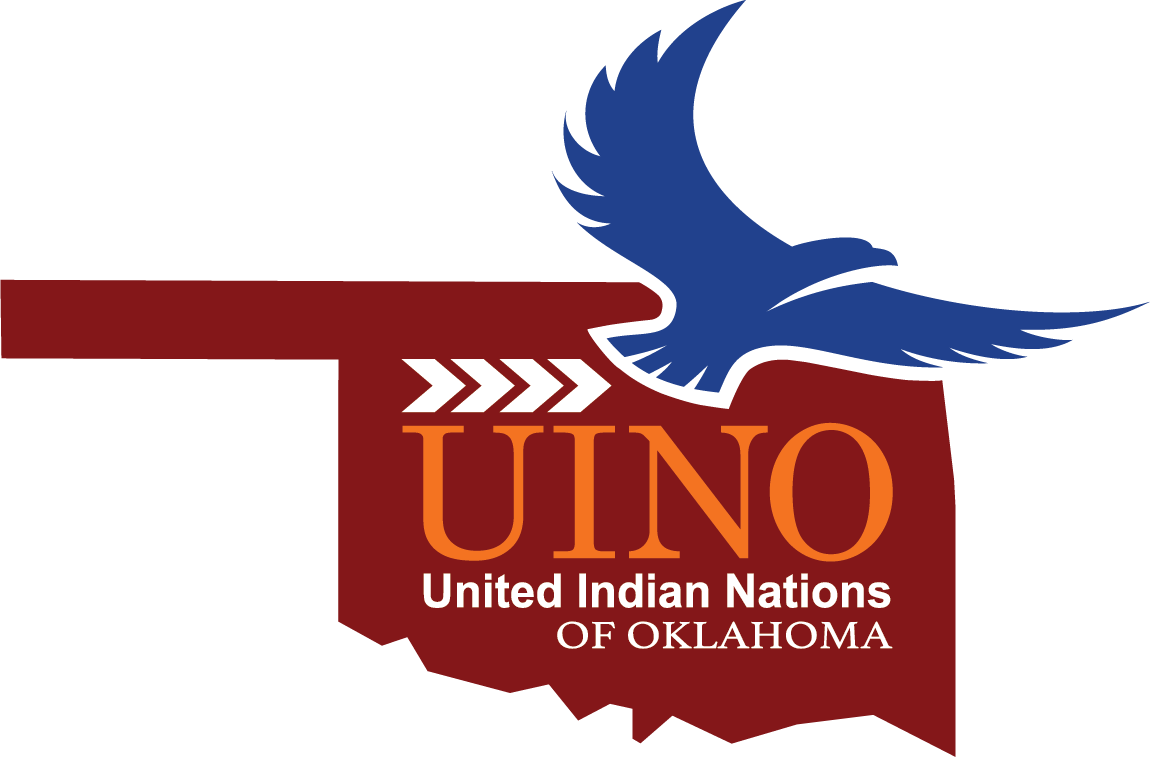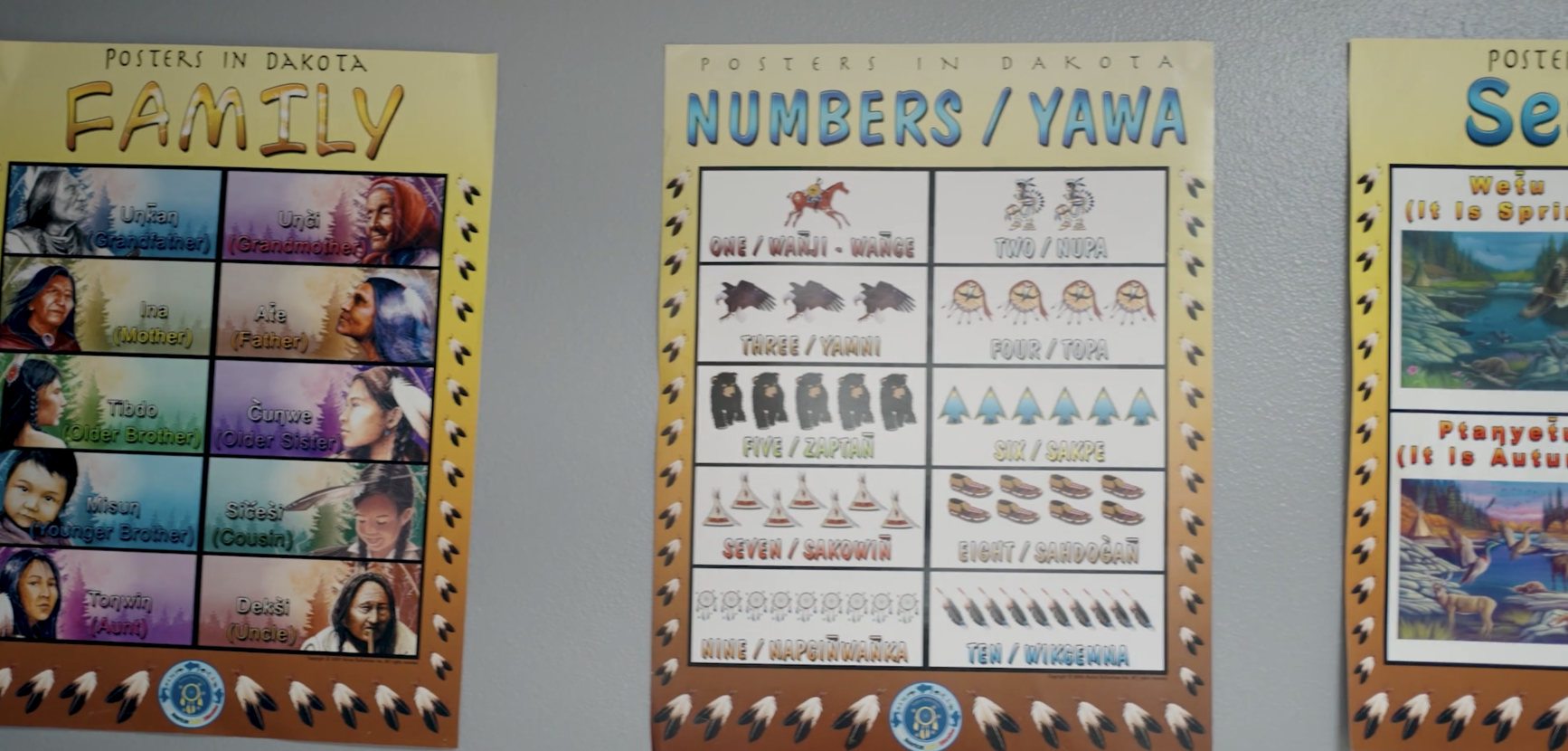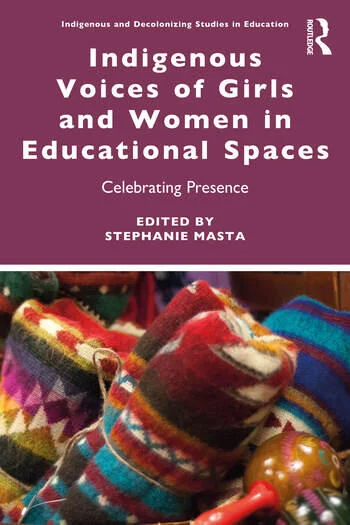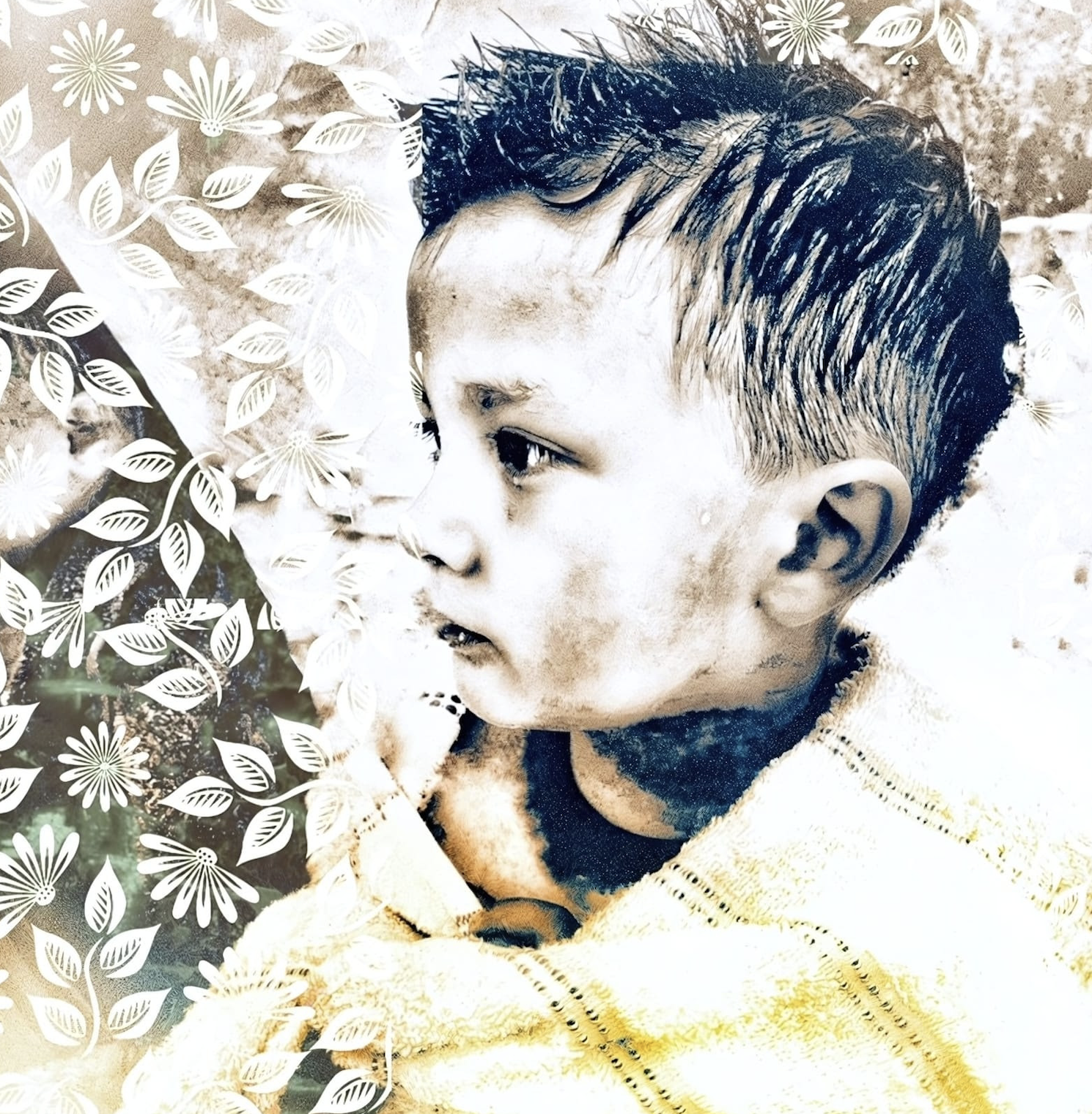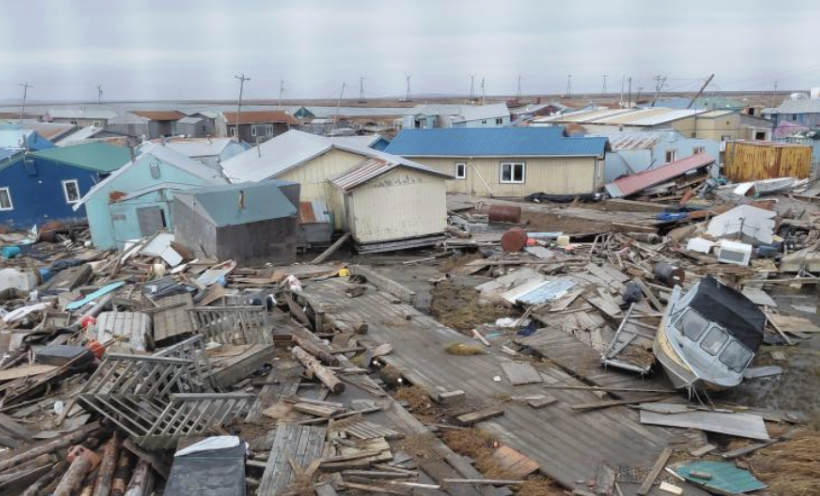- Details
- By Levi Rickert
Most of the United States will “fall back” to Standard Time on Sunday, November 3, 2024. Officially, the time change occurs at 2 a.m. local time, when the clocks are turned back to 1 a.m., giving everyone an extra hour of sleep. For many, the change offers a welcome opportunity to rest or enjoy a slower morning.
TURN YOUR CLOCKS BACK ONE HOUR BEFORE YOU GO TO BED TONIGHT.
The shift means the sun will rise and set earlier for the remainder of fall and throughout the winter months. While most of the country observes the time change, most of Arizona and Hawaii do not participate, so this adjustment will not affect residents there.
The time change tradition has been in place for decades. The Energy Policy Act of 2005 established the current start and end dates for Daylight Saving Time, which begins on the second Sunday in March and ends on the first Sunday in November. This schedule gives the United States about 7.5 months of Daylight Saving Time and 4.5 months of Standard Time each year.
Fire departments across the country also use this biannual event to remind everyone to check and replace batteries in smoke detectors and carbon monoxide alarms. Safety experts recommend testing these devices monthly to ensure they are working properly.
We will lose our extra hour of sleep on Sunday, March 9, 2025, when we once again “spring forward” to Daylight Saving Time. Until then, enjoy the brighter mornings, earlier sunsets, and that precious extra hour this weekend.
More Stories Like This
The joyful responsibility of cutting fishTrump cuts to University of Alaska programs for Native students worse than previously announced
How to build a food sovereignty lab
Buffalo (almost) officially wildlife on some 2M new acres of Wyoming, a step toward roaming free
Help us tell the stories that could save Native languages and food traditions
At a critical moment for Indian Country, Native News Online is embarking on our most ambitious reporting project yet: "Cultivating Culture," a three-year investigation into two forces shaping Native community survival—food sovereignty and language revitalization.
The devastating impact of COVID-19 accelerated the loss of Native elders and with them, irreplaceable cultural knowledge. Yet across tribal communities, innovative leaders are fighting back, reclaiming traditional food systems and breathing new life into Native languages. These aren't just cultural preservation efforts—they're powerful pathways to community health, healing, and resilience.
Our dedicated reporting team will spend three years documenting these stories through on-the-ground reporting in 18 tribal communities, producing over 200 in-depth stories, 18 podcast episodes, and multimedia content that amplifies Indigenous voices. We'll show policymakers, funders, and allies how cultural restoration directly impacts physical and mental wellness while celebrating successful models of sovereignty and self-determination.
This isn't corporate media parachuting into Indian Country for a quick story. This is sustained, relationship-based journalism by Native reporters who understand these communities. It's "Warrior Journalism"—fearless reporting that serves the 5.5 million readers who depend on us for news that mainstream media often ignores.
We need your help right now. While we've secured partial funding, we're still $450,000 short of our three-year budget. Our immediate goal is $25,000 this month to keep this critical work moving forward—funding reporter salaries, travel to remote communities, photography, and the deep reporting these stories deserve.
Every dollar directly supports Indigenous journalists telling Indigenous stories. Whether it's $5 or $50, your contribution ensures these vital narratives of resilience, innovation, and hope don't disappear into silence.
 The stakes couldn't be higher. Native languages are being lost at an alarming rate. Food insecurity plagues many tribal communities. But solutions are emerging, and these stories need to be told.
The stakes couldn't be higher. Native languages are being lost at an alarming rate. Food insecurity plagues many tribal communities. But solutions are emerging, and these stories need to be told.
Support independent Native journalism. Fund the stories that matter.
Levi Rickert (Potawatomi), Editor & Publisher







